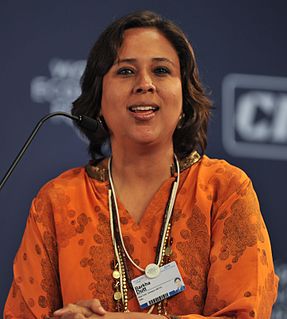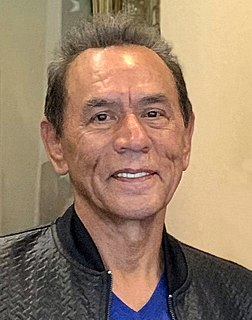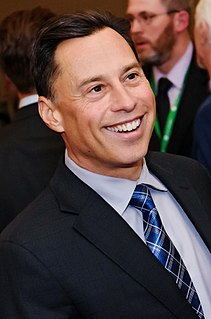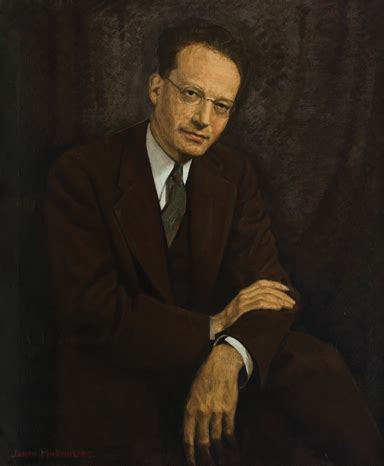A Quote by Barkha Dutt
Apart from democracy, globalisation and economic liberalism is our 20th century area of commonality with the U.S., the burgeoning numbers of skilled Indian workers in the U.S. and the outsourcing of American jobs to Indians who never even had to leave their desks, makes us feel that the relationship can eventually be a two-way street of equals.
Related Quotes
We have seen numerous instances in which American businesses have brought in foreign skilled workers after having laid off skilled American workers, simply because they can get the foreign workers more cheaply. It has become a major means of circumventing the costs of paying skilled American workers or the costs of training them.
Given that the nineteenth century was the century of Socialism, of Liberalism, and of Democracy, it does not necessarily follow that the twentieth century must also be a century of Socialism, Liberalism and Democracy: political doctrines pass, but humanity remains, and it may rather be expected that this will be a century of authority ... a century of Fascism. For if the nineteenth century was a century of individualism it may be expected that this will be the century of collectivism and hence the century of the State.
Once upon a time, each of us was somebody's kid. Everyone had a father, even if he never provided anything more than his seed. Everyone had a mother, even if she had to leave us on a stranger's doorstep. No matter how we're eventually raised, all of our stories begin the exact same way. They all end the same, too.
We, as Indian tribes, should be able to prosecute non-Indians on tribal lands. But on Indian land, we have no ability to prosecute anyone but another Indian. American Indians having status as a foreign nation is good for us, but it's not good in some ways if we don't have the jurisdictional power that the federal government claims.
I found out that detectives are really good dressers. I'm not even exaggerating. The woman I interviewed had these fantastic fuschia suede heels on that I coveted. And that they're invested in their jobs the same way you and I might be. We think of them as doing these jobs that we could never imagine doing, but their relationship to what they do is the same as our relationship to what we do.
The different American experience of the 20th Century is crucial because the lesson of the century for Europe, which essentially is that the human condition is tragic, led it to have a build a welfare system and a set of laws and social arrangements that are more prophylactic than idealistic. It's not about building perfect futures; it's about preventing terrible pasts. I think that is something that Europeans in the second half of the 20th century knew in their bones and Americans never did, and it's one of the big differences between the two Western cultures.
It is a pity that so many Americans today think of the Indian as a romantic or comic figure in American history without contemporary significance. In fact, the Indian plays much the same role in our society that the Jews played in Germany. Like the miner’s canary, the Indian marks the shift from fresh air to poison gas in our political atmosphere; and our treatment of Indians, even more than our treatment of other minorities, reflects the rise and fall in our democratic faith.
D-Day represents the greatest achievement of the american people and system in the 20th century. It was the pivot point of the 20th century. It was the day on which the decision was made as to who was going to rule in this world in the second half of the 20th century. Is it going to be Nazism, is it going to be communism, or are the democracies going to prevail?
































